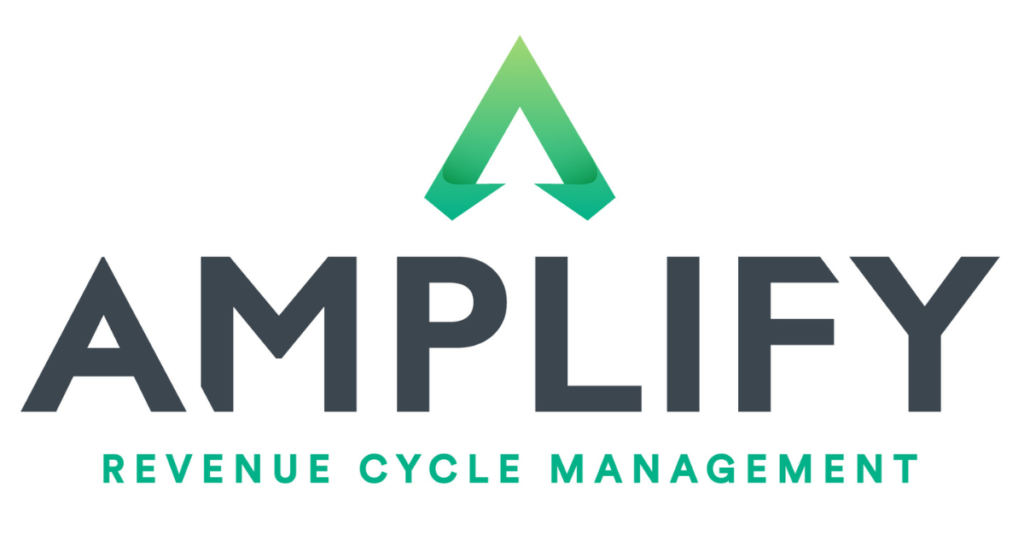Unlocking the Potential of Professional Fee Billing in Revenue Cycle Management
Effective revenue cycle management is paramount as it plays a pivotal role in optimizing financial performance, reducing costs, and ensuring that healthcare providers can deliver quality patient care. The evolving regulations, intricate billing procedures, and the need for streamlined processes have fueled the demand for professional fee billing solutions. In a recent Becker’s Healthcare podcast, Amplify Revenue Cycle Management President, Scott Cooper, and CompMed CIO, Addison Stearns discuss the role of professional fee billing in revenue cycle management and delve into the challenges, technological advancements, and their impact on healthcare organizations. Let’s explore them here.
Understanding Professional Fee Billing
Professional fee billing encompasses the billing of physician and healthcare provider services. It’s a multifaceted process, involving coding, claims submission, and reimbursement collection. Claims are diligently prepared and submitted to insurance providers for reimbursement, with a keen focus on precision to minimize denials and payment delays. Pro fee billing involves carefully collecting payments from insurance companies, which requires close attention to detail and persistent follow-up to address any issues and maximize revenue. This plays a crucial role in ensuring fair financial compensation for healthcare providers, helping them maintain high-quality patient care and financial stability.
Enhancing Professional Fee Billing Efficiency
Credentialing: Ensuring accurate and efficient healthcare provider credentialing is vital to patient safety, regulatory compliance, insurance reimbursement, and the ongoing delivery of high-quality care. Because credentialing can be an intricate and time-consuming process, utilizing robust software solutions can streamline processes, offer real-time alerts, and create dedicated workflows.
Data scrubbing: Automating the data scrubbing process is key to reducing denials and improving cash flow. This involves validating diagnosis codes, adhering to payer and state guidelines, and integrating edits into claims to minimize denials. Implementing advanced software for data scrubbing and validation ensures that claims are error-free and adhere to guidelines.
Patient engagement: Patient communication and engagement have evolved to encompass omni-channel strategies, including text and email statements and online bill payment. This shift is crucial to accelerate patient payments and reduce instances of bad debt. Utilizing comprehensive patient engagement strategies can provide a variety of payment options and improve the patient’s financial experience.
Artificial intelligence (AI) and robotic process automation (RPA) integration: The adoption of AI and RPA tools is becoming increasingly necessary to optimize coding accuracy, audit coding in real-time, and enhance overall operational efficiency. Incorporating AI and RPA tools into the billing process can automate and streamline coding, improve accuracy, and provide real-time feedback to coding teams.
Best Practices for Streamlining Revenue Cycle
- Implement software solutions to streamline credentialing, ensuring efficient management and monitoring
- Prioritize denial management, including in-depth analysis and trend identification to address front-end denials and streamline back-end processes
- Ensure charge integrity by using technology to automate and improve coding accuracy
- Reduce the cost of collections by leveraging automation and technology solutions
- Emphasize communication and reporting to provide insights and actionable data to stakeholders
Technology’s Role in Revenue Cycle Management
Technology is crucial to achieve effective revenue cycle management. It plays a pivotal role in multiple areas including:
- Improving payer yield: Technology reduces denials, addresses underpayments, and predicts denials, enabling clean claims and reducing administrative burdens
- Enhancing patient yield: Technology facilitates patient communication through various channels, improving collections and reducing bad debt
- Ensuring charge integrity: Automation and AI tools enhance coding accuracy and reduce human errors
- Reducing cost to collect: Technology solutions, including automation and off-shoring, optimize cost structures
- Improving patient outcomes: Ultimately, technology enhances the financial impact for healthcare providers, enabling them to focus on delivering better patient care
Improving Reporting and Insights
Effective reporting and communication are vital in an era of on-demand information. Providing stakeholders with actionable insights ensures that healthcare providers can proactively address issues. Making data and insights readily accessible to physicians and medical groups is a key indicator of success in revenue cycle management.
Professional fee billing is a critical and often underestimated aspect of revenue cycle management. As healthcare organizations continue to grapple with challenges in billing and reimbursement, it is crucial to recognize the integral role professional fee billing plays in the overall healthcare ecosystem. By leveraging technology, streamlining processes, and improving communication and reporting, healthcare providers can navigate the complex landscape of revenue cycle management and focus on their ultimate goal of delivering exceptional patient care.





